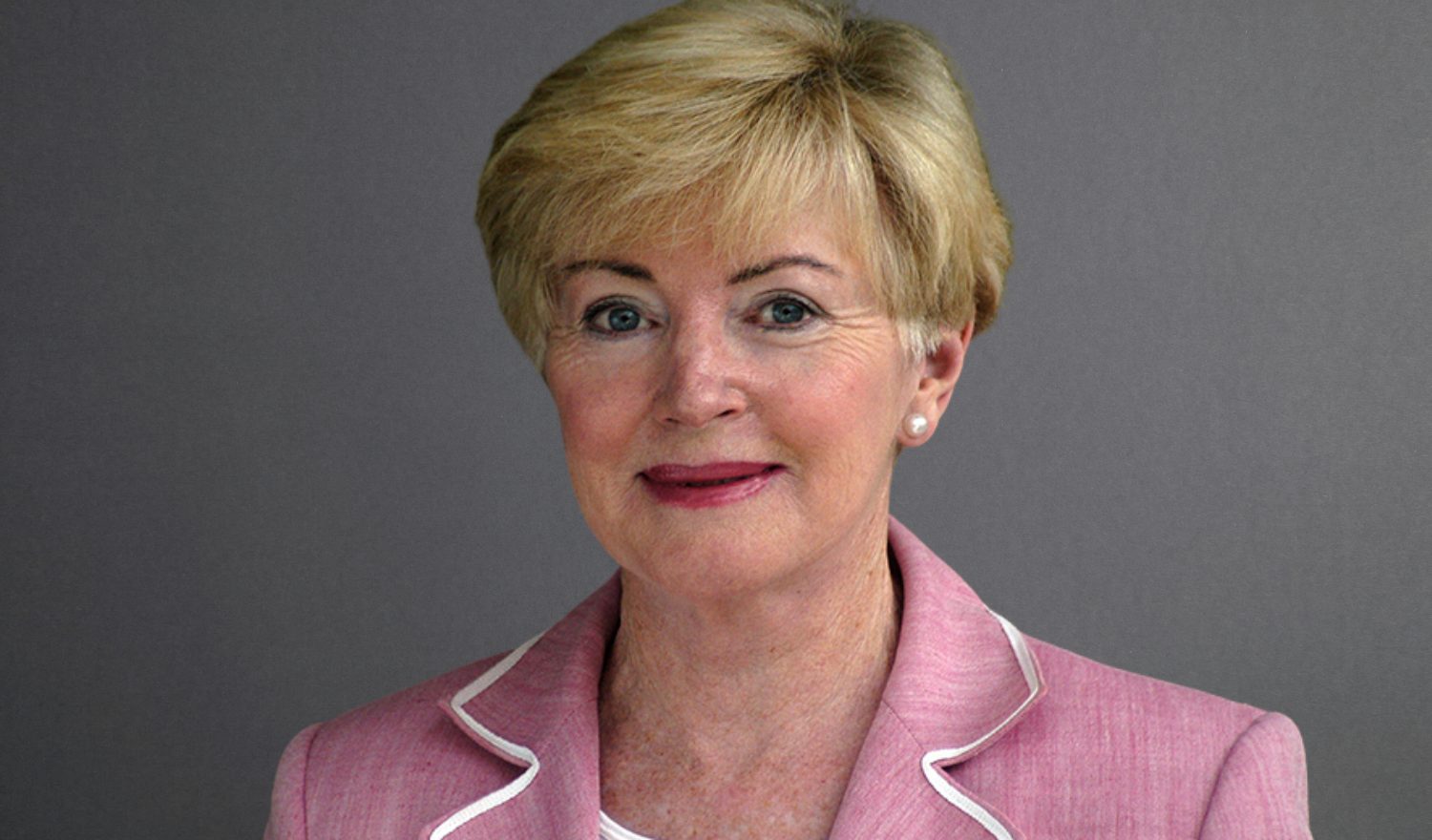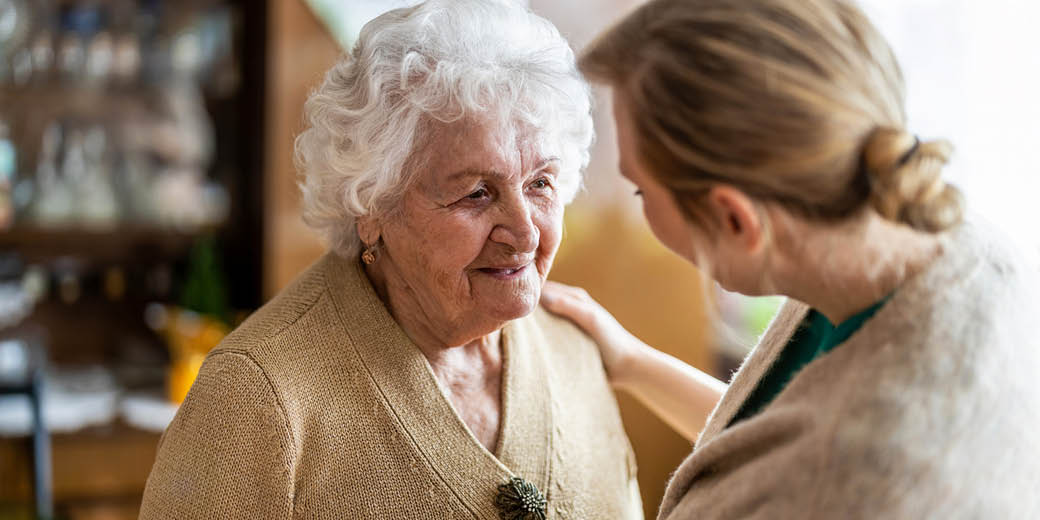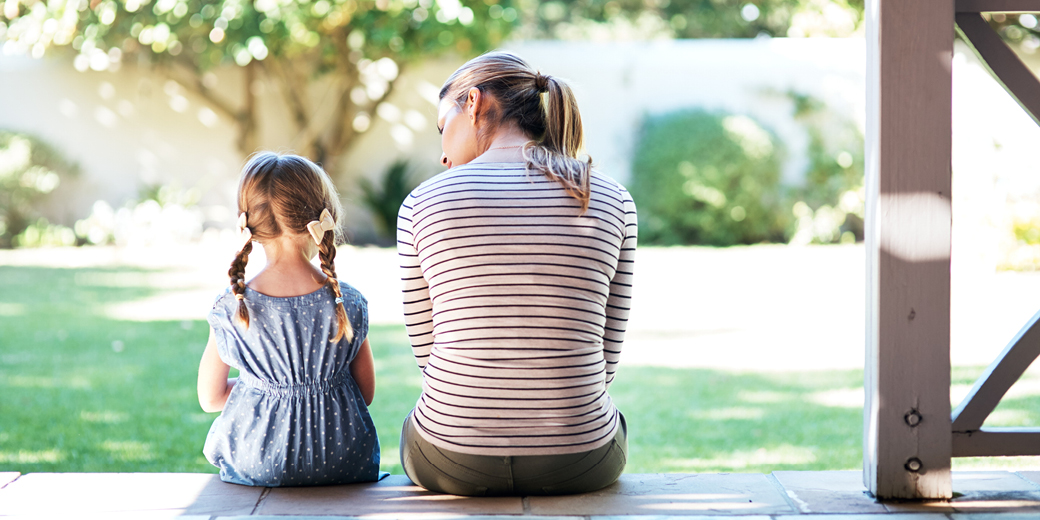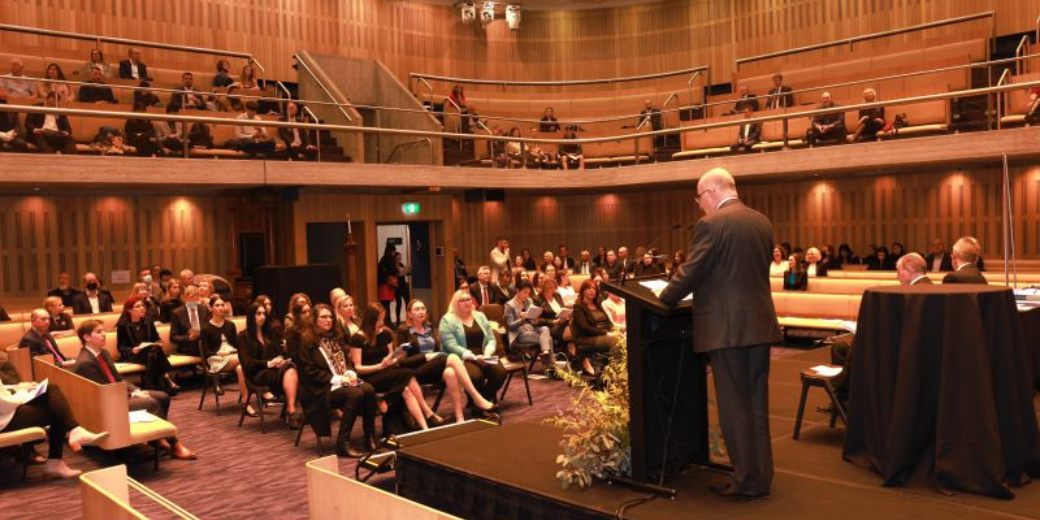Let’s face it, the pandemic was a rough time for everyone. Locked up indoors with only our thoughts or compelled out for essential work, we masked up and averted our gaze from our fellow humans, for fear of a plague we were still struggling to understand.
As stress and uncertainty mounted, social ties weakened, inevitably leading to a rise in incivility, rudeness, and even bullying, that has found its way into the workplace.
It is all very understandable given what we have collectively survived and been through, but we need to find a way through. The College takes a look at the science behind why we are feeling the way we do and explore how this phenomenon has impacted law firms, clients, and civility in a profession already known for its adversarial nature. We then turn our attention to how we can chart our way back to a more balanced and respectful mode of operandi.
Causes and symptoms of post-COVID rudeness syndrome
Stress is the leading driver of incivility. According to research published in the *Harvard Business Review, 73% of people surveyed blamed stress for being rude to a colleague, with 61% saying they were overloaded with work. During Covid lockdowns we were forced to reduce our levels of self-care, exercise and sleep, **research has shown the reduction of these activities adversely impacts our ability to manage stress and regulate our emotions. The impact of Covid lockdowns on our routines has certainly taken its toll.
Between the pandemic, war, climbing cost of living pressures amidst sky high inflation, lawyers are experiencing stressors from multiple sources. Clients, who are facing similar pressures, can also be a source of stress. Conversely, maintaining civility and professionalism towards clients and colleagues can feel harder than ever.
Staying in a negative emotional state is also wearing us down. A ***survey of over 70,000, people conducted by community platform The Mighty, revealed the number of respondents who chose ‘anger’ as their top emotions had doubled, rising from 20% to 45%. And according to MedicalNewsToday, the pandemic saw a 25% surge in the global prevalence of anxiety and depression, as well as eating disorders and substance abuse. A negative frame of mind can impair our ability, as lawyers, to effectively problem solve, as we’re less mindful or open to interacting positively and respectfully.
Rising incivility is rife across workplaces. For lawyers, this can lead to consumer complaints regarding poor communication or rudeness, which in jurisdictions like NSW, the Office of the NSW Legal Services Commissioner, may be obliged to investigate.
Prolonged use of technology can also trigger rudeness and disconnection, particularly social media and instant messaging.
“We’re taking in a whole lot of negativity (consciously or unconsciously) on a daily basis,” researcher Christine Porath told the Harvard Business Review. “What we ingest from online sources can harm our mood and mental health, and we can pass our anxiety, depression, and stress onto others.”
Instant messaging platforms like Slack, Teams and WhatsApp are subject to communication gaps and misunderstandings.
“While electronic communication can bring us together in remarkable ways, it also liberates us to voice our frustrations, hurl insults, and take people down a notch from a safe distance,” Christine says.
The cost of rudeness in the workplace
As Christine Porath elaborated in the ScienceDirect journal, incivility’s effects are both mental and physical. In fact, even ****witnessing rudeness can disrupt memory and decrease performance, derailing healthy team dynamics.
Executive Director of the College of Law Queensland, Ann-Maree David, sees it as an understandable trend as people return to the office.
“Maybe we’ve lost some of the sensitivity and guarded behaviour that was considered de rigueur in the office setting pre-Covid,” Ann-Maree observes. “Or perhaps we’re just playing catch up now that everyone is bringing their authentic selves to work?
“I think we are all still adjusting to returning to work which, after all, is a construct of the industrial era with its own artificial rhythm and peculiar etiquette.”
Where once a suit jacket adorning the back of a chair was proof enough its owner was ‘present and accounted for’, in the hybrid age, there is no clear equivalent to demonstrate ‘presenteeism.’
“During lock down, we lived with the freedoms afforded us in our own personal environments,” Ann-Maree says. “Rather than joining the daily commute to and from the office, we were able to launch our days in ways that best suit us, be it ‘Saluting the Sun’ at dawn or rolling out of bed to enjoy a leisurely coffee only moments before turning on the computer.”
“By comparison, the return to commuting is enough to send anyone over the edge. Road rage is at an all-time-high. Behaviour on public transport isn’t much better. Despite personal space being at a premium during peak hours, try to sit down beside someone in a double seat and see what reception you get!” Ann-Maree reasons. “So, our colleagues might be forgiven for arriving at the office ‘on edge’ and staying that way until they are well and truly caffeinated.”
However, the toll of incivility can be significant. A study published in the Journal of Service Research revealed that merely observing an uncivil employee can result in 35% of customers less willing to use the company’s products and services, with 40% questioning whether they would do business there again. Given the slings and arrows common to law, clients may well follow suit.
Rudeness rehab: known cures and treatments
With the cost of rudeness so high, how can organisations address incivility and take their employees and clients through a ‘rudeness rehab’?
Screening both employees and clients early on can be helpful. During recruitment, posing behavioural questions on how an employee managed a stressful situation can reveal red flags. When deciding whether to take on a new client, investigate their reputations, and ask yourself, are they worth it?
Introducing or reinforcing an existing code of conduct can make a difference. When UMass Memorial Health, a major healthcare provider in Massachusetts, did so, they garnered more than 56,000 signed agreements to the behavioural code in one month and only four visitors were asked to leave during this period. Signage indicating what conduct is unacceptable, which has become common place in businesses and on public transport in Australia, can also nudge clients and colleagues towards more respectful behaviour.
It can help to engage an empathic mindset when faced with an irate or irritable colleague or client, taking a moment to pause and consider why someone might be rude, before responding.
Coaching and practice, such as de-escalation training and protocols, can also provide your team with the tools they need to address uncivil behaviour. Recognising and rewarding civility has also been shown to counter negative behaviour, and promote a better standard of behaviour.
“On a more serious note, workplace etiquette and manners ultimately come down to one important factor – MUTUAL RESPECT,” Ann-Maree says. “While we might all dance to the beat of our own drums beyond the office, when we are sharing the work environment, we need to recognise that not everyone works (or inhabits space) in the same way. All the research suggests that diversity and the creativity it inspires is to be encouraged and celebrated but butting up against it can be testing. The latest fashion in open plan corporate design is the creation of designated ‘neighbourhoods’ where ‘like souls’ can commune in comfort, be they noisy extroverts or more reserved introverts.”
Ann-Maree agrees with an empathy-first approach.
“Ultimately, we need to exercise patience and demonstrate empathy towards others,” Ann-Maree says. “Hopefully the return to the office and a greater sense of security and certainty may spell an end to some of the common causes of rudeness and incivility, including burnout and emotional exhaustion which so often arise when we fail to protect the boundaries between our personal and professional lives. I don’t think it is purely coincidence that ‘the Kind Lawyer’ movement has taken on a life of its own post Covid!”
Look out for our guide on de-escalation training protocols and other team building programs for your practice – coming soon!




















































![How to handle Direct Speech after Gan v Xie [2023] NSWCA 163](https://images4.cmp.optimizely.com/assets/Lawyer+Up+direct+speech+in+drafting+NSW+legislation+OCT232.jpg/Zz1hNDU4YzQyMjQzNzkxMWVmYjFlNGY2ODk3ZWMxNzE0Mw==)
































